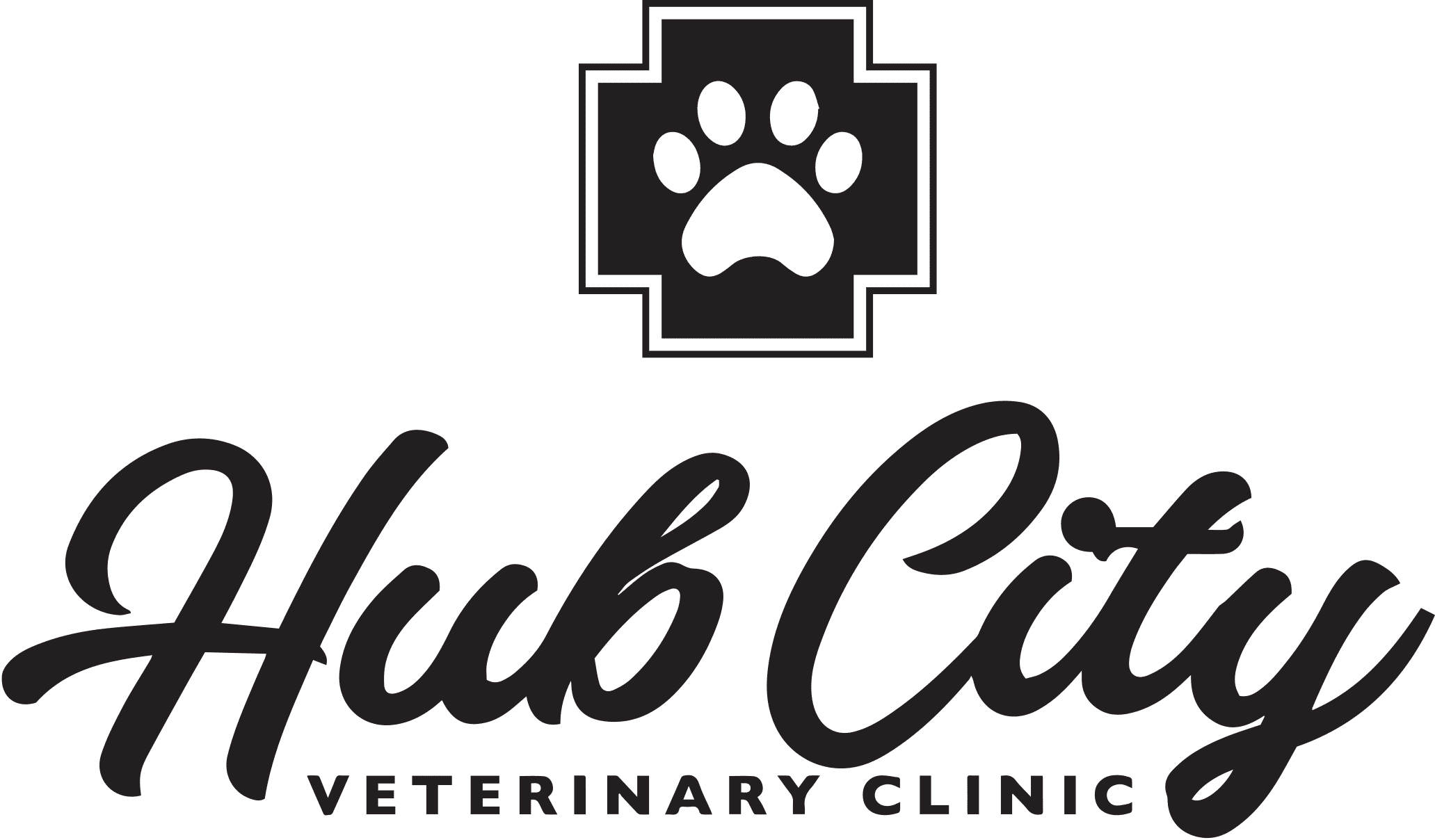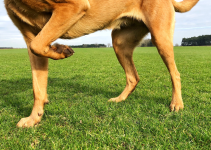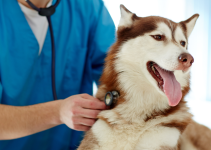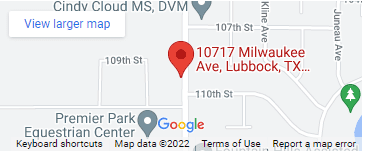Introduction
Most pet owners notice bad breath before anything else about their pet’s dental health. While unpleasant, it’s more than just a nuisance — it’s usually the first sign of dental disease. This is one of the most common health problems in pets, affecting most dogs and cats by age three.
Dental disease causes more than discomfort. If left untreated, it can lead to pain, tooth loss, and even problems with the heart, liver, or kidneys. At Hub City Veterinary Clinic in Lubbock, we stress that caring for your pet’s mouth is caring for their whole body.
Why Dental Health Matters
Dental disease starts small. Plaque builds up on teeth, hardens into tartar, and irritates the gums. In its early stage, called gingivitis, the gums are red and inflamed. As it progresses to periodontitis, tissue and bone around the teeth begin to break down. Pets may develop loose teeth, abscesses, or infections.
The risks don’t stop in the mouth. Bacteria from diseased gums can enter the bloodstream and travel to vital organs. Over time, this increases the risk of heart disease, kidney failure, and liver problems. That’s why professional cleanings are about much more than fresh breath — they help protect your pet’s long-term health.
Healthy teeth also mean a happier pet. Pain in the mouth affects how pets eat, play, and interact. Many owners are amazed at the improvement in energy and mood once their pet’s dental issues are resolved.
Signs of Dental Problems
Because pets don’t show pain the way people do, dental disease often goes unnoticed until it’s advanced. Common warning signs include:
- Bad breath
- Yellow or brown buildup on teeth
- Red or bleeding gums
- Dropping food or chewing only on one side
- Avoiding hard food or toys
If you notice any of these changes, it’s time for a dental exam.
How Professional Dental Care Works
At Hub City, dental cleanings are performed under anesthesia to keep pets still and comfortable. This allows us to thoroughly remove tartar both above and below the gumline, where the most damage occurs. Each tooth is inspected, polished, and x-rays may be taken to check roots and bone health.
Some owners worry about anesthesia, but it is the safest and most effective way to perform a complete dental procedure. Our team carefully evaluates each patient beforehand and monitors them closely during recovery. Most pets go home the same day, feeling much more comfortable.
Preventing Dental Disease at Home
While professional cleanings are essential, home care plays an equally important role. Brushing your pet’s teeth with veterinary-approved toothpaste is the best defense against plaque buildup. For pets that won’t tolerate brushing, dental chews, rinses, and water additives can help.
Consistency is key. A little effort every day, paired with routine cleanings, makes a big difference. Annual dental exams also allow us to catch problems early, before they cause pain or serious illness.
Local Relevance for Lubbock Families
In West Texas, pets often lead active lives. Dogs enjoy long days outdoors, and cats find plenty of opportunities for play. This lifestyle is healthy but can add stress to teeth, especially when pets chew on hard toys, antlers, or bones that can crack or break teeth. Pairing healthy chew options with regular dental checkups ensures pets stay active and pain-free.
Conclusion
Dental care is one of the most important steps in protecting your pet’s overall health. It prevents pain, preserves teeth, and safeguards vital organs. More importantly, it helps pets enjoy their daily lives with comfort and energy.
At Hub City Veterinary Clinic, we’re committed to making dental health a priority for every pet we see. If your dog or cat is showing signs of dental disease — or if it’s simply been more than a year since their last cleaning — now is the perfect time to schedule an exam. With proper care, you’ll not only freshen your pet’s breath but also give them the gift of a longer, healthier life.













